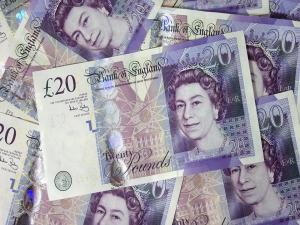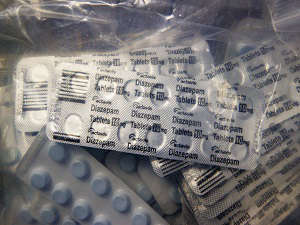
Inflation has hit its highest level for almost a decade in Northern Ireland, a business survey said.
Manufacturers experienced the largest rise in their costs due to a dependence on imported materials which have become more expensive due to the weak pound, the Purchasing Managers' Index (PMI) revealed.
They are raising the price of their products at record rates but analysts expected their profitability to be affected.
Richard Ramsey, chief economist in Northern Ireland at the Ulster Bank, warned local businesses were feeling the effect of the increased cost of imports.
He added: "Indeed, input cost inflation increased at its fastest rate since May 2011, with higher wage pressures also cited as a significant factor.
"This is impacting on the prices charged to customers, with output cost inflation at its highest level since 2008."
Mr Ramsey said: "Overall, the positives of the weak sterling, which have been prominent for a number of months, continue to be evident, but the negatives of the exchange rate are also starting to feature more and more prominently.
"This will be a major feature of the year ahead as inflationary pressures continue to intensify and indeed accelerate.
"Slower growth and higher inflation look set to be the order of the day."
Inflation in the prices charged to customers is at its highest level since 2008, Mr Ramsey said.
The PMI survey of economic health for January produced for Ulster Bank revealed inflationary pressure had intensified.
While manufacturers are trying to absorb some of the increased costs themselves to maintain competitiveness, retailers appear to be passing on their increased costs entirely to the consumer, the economist added.
"It will be interesting to see to what extent this impacts on consumer confidence and spending in the months ahead - particularly as retail has been the fastest growing sector since mid-2016."
He said Belfast had driven improvement in the level of construction activity and the service industry remained solid.


 Illicit weight loss drugs and steroids among police haul in Operation Pangea (
Illicit weight loss drugs and steroids among police haul in Operation Pangea (
 Judge wants all sides to work towards November trial date for Donaldsons
Judge wants all sides to work towards November trial date for Donaldsons
 Viable device discovered inside residential address in Newtownards
Viable device discovered inside residential address in Newtownards
 Schools may be instructed to set up SEN provision amid crisis over places
Schools may be instructed to set up SEN provision amid crisis over places
 Double killer Hazel Stewart fails in bid to have sentence reduced
Double killer Hazel Stewart fails in bid to have sentence reduced